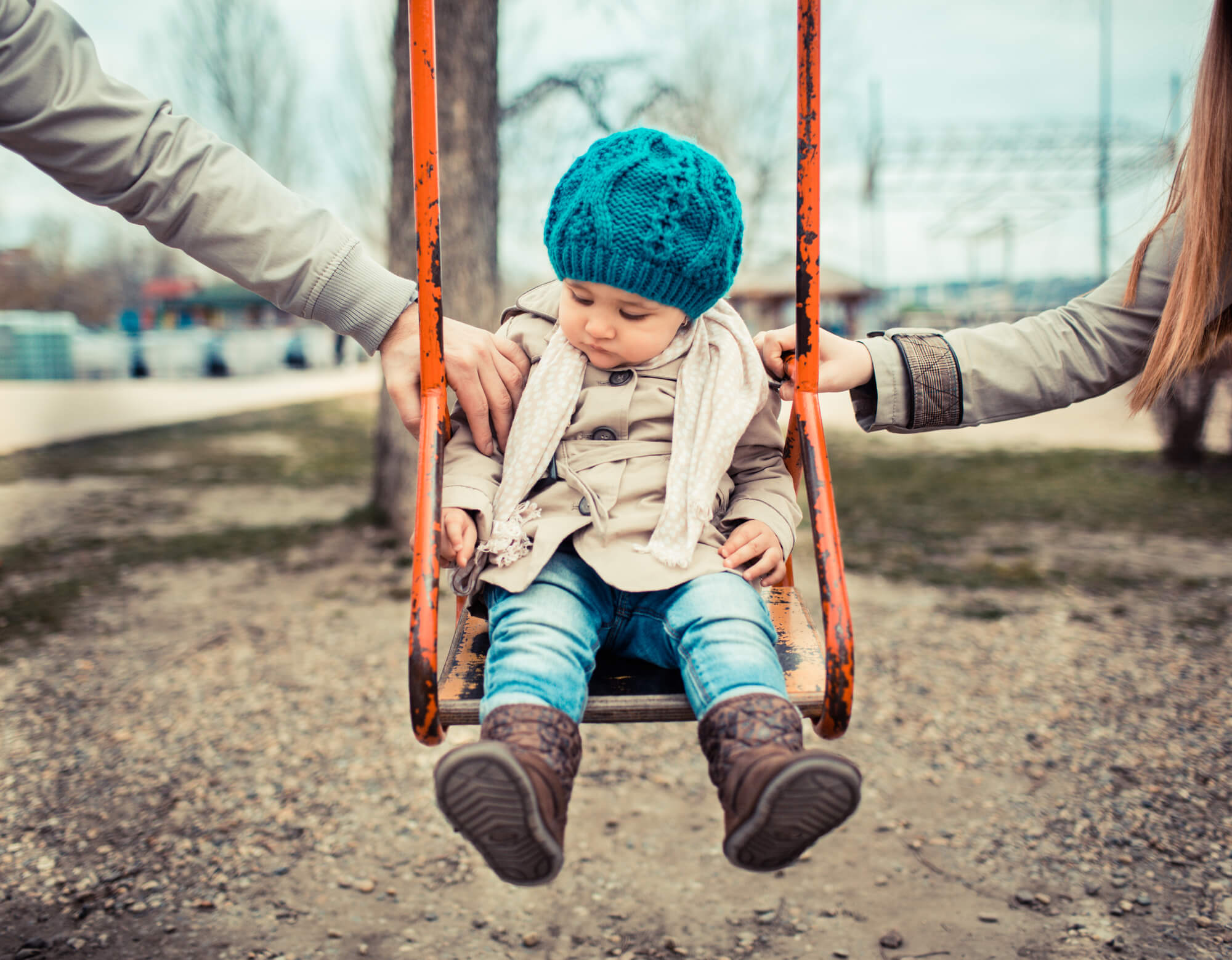Experiencing divorce can be complicated for the entire family. As parents, it is uncharted territory as to how to proceed when it comes to topics like shared custody or split time between parents. It can be particularly difficult if a child will be seeing one parent significantly less due to relocation or custody issues. Separation anxiety or behavioural changes are common during this time. It is important to be forgiving of yourself as the caregiver and understand that there isn’t a textbook method for managing this life transition, in fact every family and every situation is different. It can be heart wrenching to see your children upset when they have to leave you, or switch homes, so it is important that you get the support you need to cope with these emotions.
Here are some guidelines and tips to help your children who may be struggling through parental separation:
Keep them informed
Kids are perceptive, oftentimes much more perceptive then we give them credit for. Odds are high that they knew something was amiss in your relationship before you thought they did. It can be helpful to include them (in an age appropriate way) in what is going on as soon as possible. Oftentimes if they do not know what is going on, this allows for their (sometime very active) imaginations to fill in the gaps. Decide with your partner, what you are comfortable sharing with your child and allow them to ask questions. Let them know that they are welcomed to ask questions and engage in an open dialogue with their parents. It is also important to remember that is okay to not have all the answers as the parent during this process.
Plan and talk through the day
Stability and routine are going to be your greatest assets during this transition. By nature, the process of divorce and separation completely uproot a family’s schedule. The sooner you can get settled on a new schedule the better, and your family can begin to rely on the stability of this new routine. If there is going to be a change in the environment, talk it out with your children. Talk through each aspect of the day with them. Think about what they may need throughout the day, and help them pack ahead of time. Explain who will be picking them up, and at what time. This is obviously important for older children, but even for toddlers; they are capable of understanding basic plans for the day. Unknowns and unanswered questions can be a huge source of stress during a divorce.
Be prepared for big feelings, or hidden feelings
Children will feel a variety of emotions like anger, hurt, confusion, worry, or fear. They will need to grieve the loss of your family unit the same way you will as a parent. Children may not have the outlet to express these emotions. Some will act out in school, or towards one or both of their parents. It is important to remain empathic during this transition and remember that is part of the process. Providing your child with a strong emotional support system will help aid in this transition. Reassure your child that they do not need to take sides, and that both parents have unconditional love for them, this will ease anxieties. If you have multiple children, be prepared that different children will cope differently. If you need the support of a professional to help you navigate a separation, a psychologist can help in this process. A psychologist can also work with your children to help them express feelings that they may be hiding or are unsure of what to do with. To book in a time to speak to a psychologist call us on (02) 6262 6157 or book an appointment online.
Related reading:
The Challenges of Step-Parenting
Assisting Children During Parental Separation
What do Children Worry About?
